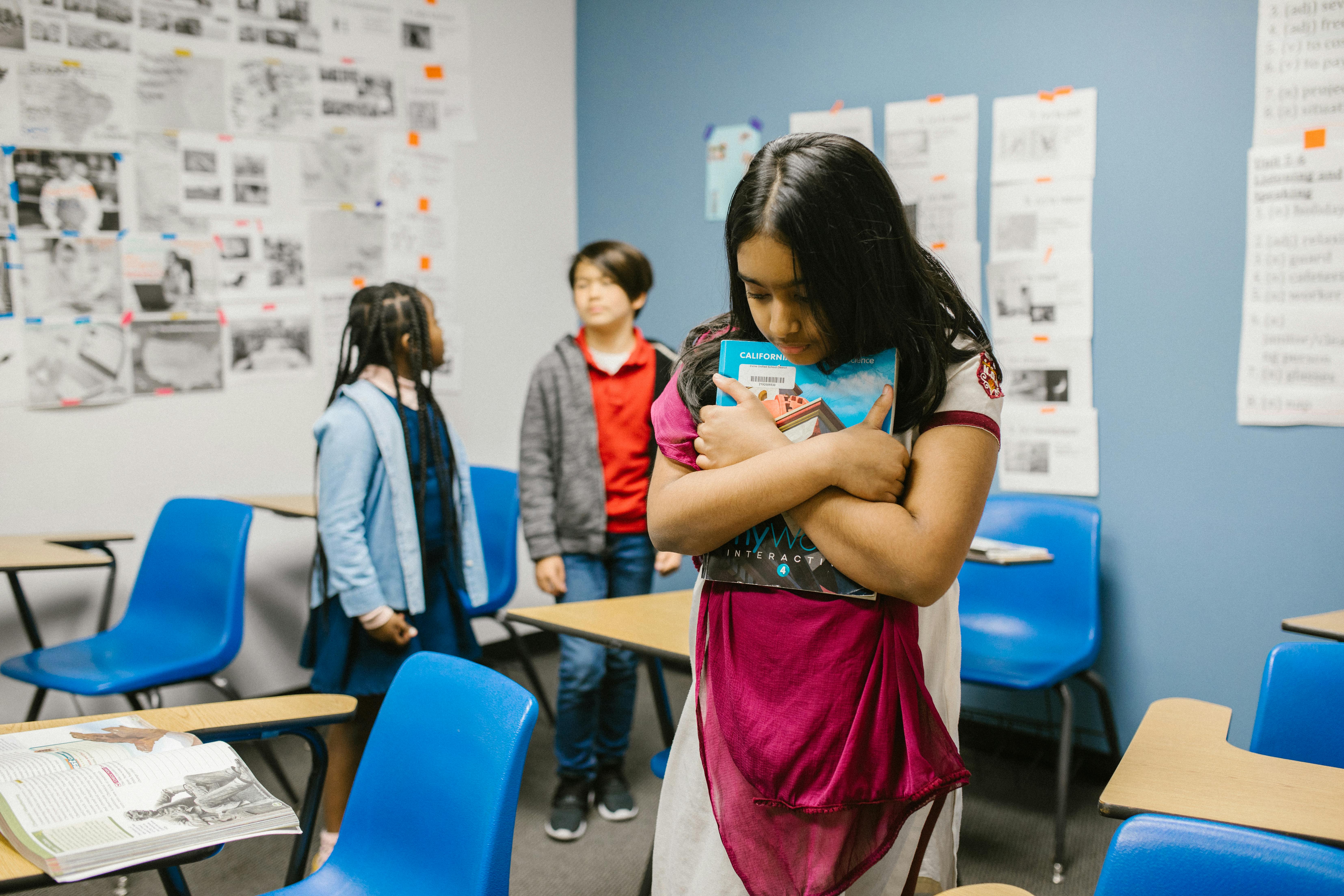9 Approaches to assessing Computing and ICT–#2: The ladder
Tools and ideas to transform education. Sign up below.
You are now subscribed
Your newsletter sign-up was successful
Introduction
The DfE recently announced the winners of its Assessment Innovation Fund: https://www.gov.uk/government/news/schools-win-funds-to-develop-and-share-new-ways-of-assessing-pupils
The purpose of the fund was as follows:
By collecting and promoting examples of innovative approaches to assessment, we want to give schools ideas and options as they upgrade their systems in response to the removal of levels.
We are therefore asking schools and organisations to present their approaches to the Department: where needed, we can allocate funding (of up to £10,000 per unique application) to help create a simple, easy-to-use package for others schools to transfer and use in their own setting.
Each package will then be made freely available for other schools to access, download and use.
Over the next week or so I will report on the winners and the descriptions of their approach. These descriptions are more like thumbnail sketches at the moment. I have used them to suggest ways in which they might be adapted for use in assessing ICT and Computing. I hope you find these suggestions useful, or at least a good starting point for your own further work.
Tools and ideas to transform education. Sign up below.
In each case I have kept the text of the DfE’s announcement, and then added my thoughts under the heading “Applying this to Computing and ICT”.
Today: The Ladder.
Hiltingbury Junior School, Eastleigh, Hampshire (primary)
Using a ‘ladder’ approach to maths, reading and writing, the school agrees expectations for each year group, dividing each subject into key skill areas. Children use a ‘ladder booklet’, which enables them to identify their next steps for each new unit of work. Children can identify their progression targets in more detail, allowing them recognise the areas for improvement and what next steps look like. These steps are divided in to the areas of:
- exploring
- achieving
- exceeding
Judges felt this was clear, engaging and accessible for both children and parents. They were also impressed by the positive feedback received from parents.
Headteacher Sam Hunter said:
Our system is designed to ensure that pupils can readily see their next steps in key reading, writing and maths skills, as well as being able to keep track of the progress that they have made so far. This is easy to share with parents too. For teachers, tracking and target setting is all in one place.
Applying this to Computing and ICT
- 9 Approaches to assessing Computing and ICT - #1: Skills Passport (ictineducation.org)
- How well is Ofsted reporting on the most able? (giftedphoenix.wordpress.com)
- 37 features of outstanding ICT and Computing lessons (ictineducation.org)
Information from the DfE has been used in accordance with the terms of the Open Government Licence http://www.nationalarchives.gov.uk/doc/open-government-licence/version/2/
If you can’t wait for the full series, subscribe to Digital Education and download the whole lot in a single document!
cross-posted at www.ictineducation.org
Terry Freedman is an independent educational ICT consultant with over 35 years of experience in education. He publishes the ICT in Education website and the newsletter “Digital Education."
